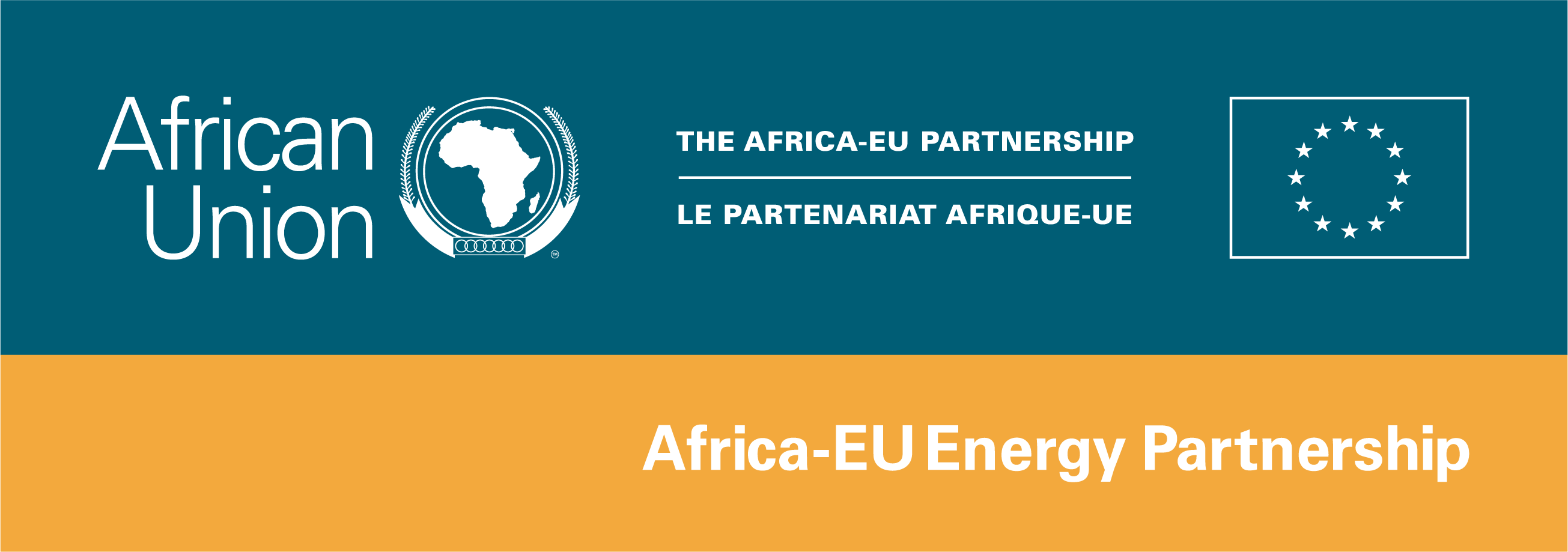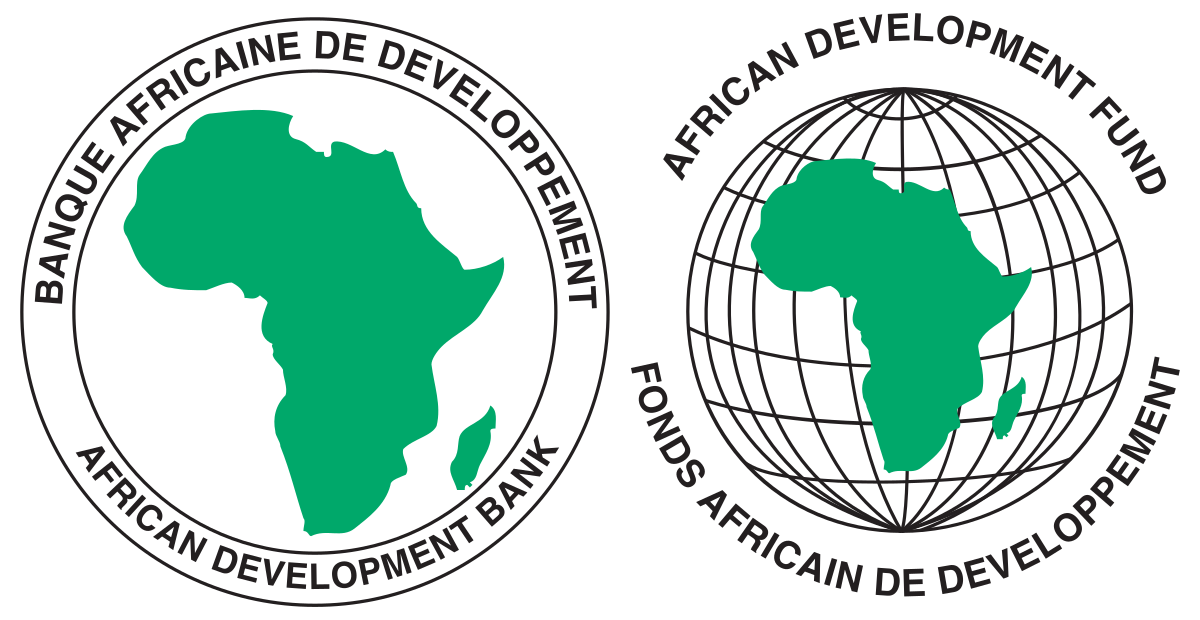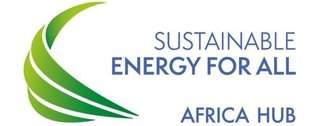Description
Universal energy access is one of the driving forces in alleviating poverty and ensuring sustainable and inclusive economic growth. The IEA World Energy Outlook, however, shows that close to 600 million people remain without access to electricity in sub-Saharan Africa. This number rose in 2020 due to the effect of the COVID-19 pandemic, reversing progress observed in recent years. A delayed recovery would see the number of individuals without access to electricity increase from almost 600 to 630 million by 2030.
The energy access sector is undergoing deep transformations that can help bridge the gap, but there is a pressing need to provide governments with more actionable and pointed tools for integrated electricity planning. Such resources are necessary to make the most of centralized and decentralized solutions, leveraging off-grid private sector-led initiatives such as mini-grid deployment and solar home systems distribution.
These off-grid solutions are essential to provide access to electricity and advance efforts to reach universal energy access by 2030 and the Sustainable Development Goals. Power Africa is drawing on the IEA’s expertise to support governments as they develop improved programs and policies that aim to accelerate electricity access.
Main Objectives
Main Activities
Outcomes and Impact
Type of Intervention
Annual Budget (in millions)
Currency Used
Patnering Entities
Energy Sectors and Subsectors
SDG Focus
Sources
https://www.iea.org/programmes/data-driven-electrification-in-africa





